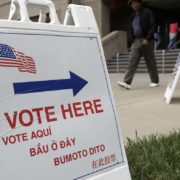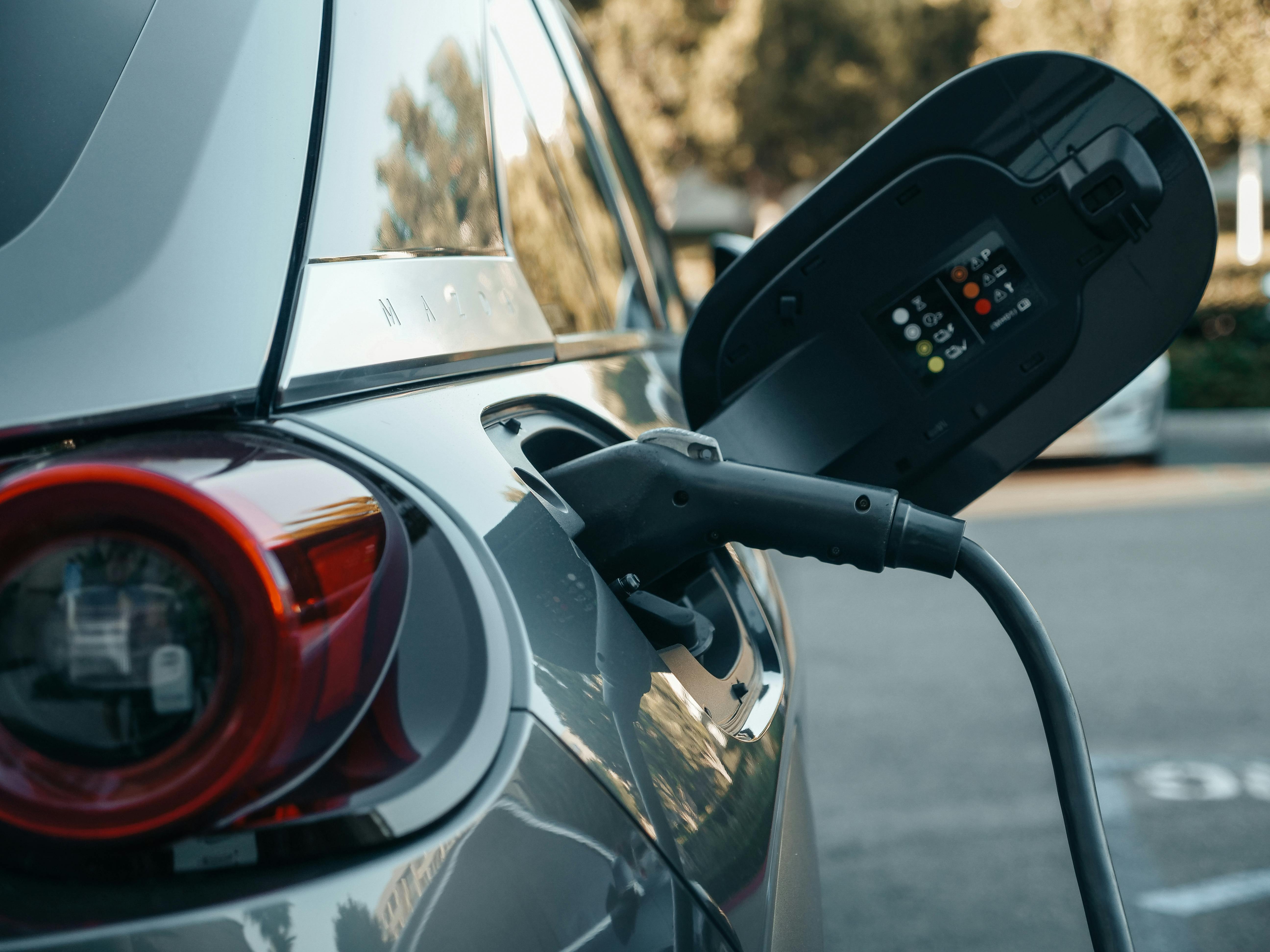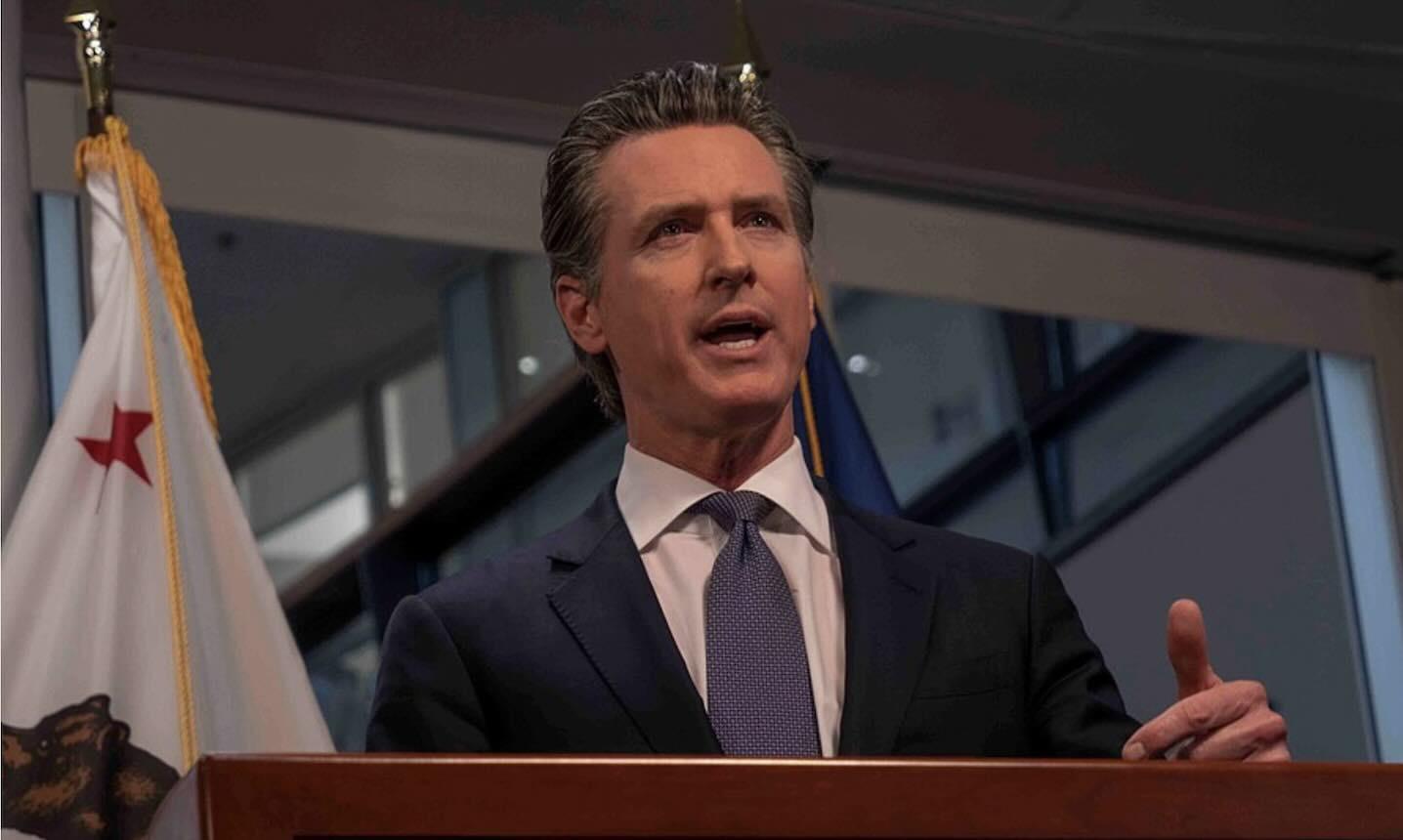The June primaries for the 2018 midterm elections are coming up which means that voters everywhere will be heading to the polls to vote for a number of local, state and federal measures and government officials.
In California, in addition to the highly publicized gubernatorial and senatorial races, we will also be voting on eight proposition measures, most of which involve funding allocation and taxes.
California propositions are initiative measures that are placed on the ballot either by a member(s) of the State Legislature or a petition signed by registered voters. In general, propositions are submitted to the state’s electorate for either a direct decision (in other words, approving an action, like permitting a vote within the State Legislature) or direct vote (passing of a new law or amendment through majority support).
On the June 5 primary election, Californians will be voting on five ballot measures:
Proposition 68: Authorizes Bonds Funding Parks, Natural Resources Protection, Climate Adaptation, Water Quality and Supply, and Flood Protection
This proposition would allocate $4 billion in bonds to state and local parks. Authored by Senate President Kevin de Leon (D-24), a 2018 candidate for the U.S. Senate race, the bond measure would help with water quality and infrastructure projects, climate adaptation projects and flood protection in addition to other environmental infrastructure projects. The bill’s fiscal impact, according to the bill, would mean an average of about $200 million annually over the next 40 years for maintenance and upkeep of the state’s parks.
In addition to receiving endorsements from various Democratic leaders, the measure has been supported by the American Heart Association, the American Lung Association, the Humane Society of the United States and the Sierra Club.
“California has always been an environmental leader, and our public spaces, forests, lakes and beaches are recreational destinations for millions,” said Susana Reyes, vice president of the Sierra Club. “Five years of severe drought followed by heavy rains have magnified the lingering aftermath of the 2008 economic downturn, leaving our state with a substantial need to invest in deteriorating local and regional parks and aging water infrastructure, dams, reservoirs, and flood protection.”
Opponents of the measure argue that the bond measure will dig the state deeper in debt and raise taxes for the next several decades.
“Assuming they don’t leave the state to get relief from ever-high taxes, that means not just our children, but our grandchildren will be paying it off,” Sen. John Moorlach (R-37) said in an op-ed in the Sacramento Bee. Silicon Valley profits are currently filling [up] state coffers. Forecasted personal and corporate income taxes are up $8 billion from Gov. Jerry Brown’s January budget proposal. Which begs the question: If the Prop. 68 projects are so great, why not just fund them with that surplus?”
Prop. 69: Transportation Taxes and Fees Lockbox and Appropriations Limit Exemption Amendment
Proposition 69 would allocate the revenue generated from the state’s diesel sales tax and the Transportation Improvement Fee (a 2017 transportation funding law) to only transportation purposes which includes public transportation. In other words, this would prohibit the state from using those funds for other purposes. There would be no immediate effect on the state’s revenues or costs, though it could affect how funds are spent by legally ensuring that recently enacted taxes and fees to only serve transportation purposes.
Sen. Josh Newman (D-29) co-authored the measure and said that the motivation behind the bill was to provide Californians “with a very clear assurance that these new revenues will be spent only on repairing our aging infrastructure, reducing congestion and otherwise supporting transportation improvements that foster economic development across the state…”
Support for this measure means approving a change in the state’s Constitution that requires certain taxes and fees to go toward transportation-related expenses. Voting “no” simply opposes the change and allows the State Legislature to change the law and spend revenues from transportation-related taxes and fees on non-transportation uses.
Prop. 70: Vote Requirement to Use Cap-And-Trade Revenue Amendment
Passage of this measure would require a one-time two-thirds vote in both chambers of the CA State Legislature in 2024 on how to spend the revenue from state’s cap-and-trade program.
The cap-and-trade program was created after former Gov. Arnold Schwarzenegger signed a law in 2006 that required the state to reduce greenhouse gas emissions to 1990 levels by 2020. In short, the cap-and-trade program requires factories, oil refineries and other businesses that emit large amounts of CO2 and other pollutant gases to obtain permits for each ton they emit. Some permits are auctioned off by the state which generates massive revenue for the state; this year, the Legislative Analyst’s office said that the program will generate about $3.3 billion.
Gov. Jerry Brown and other Democratic leaders have been trying to gain Republican support to meet the two-thirds vote needed to extend the program. If approved, Prop 70 would greenlight a 2024 vote on how to spend the cap-and-trade profits.
“Last year, California did what Washington, D.C. has failed to do. Democrats and Republicans worked together to reduce pollution while protecting jobs and the economy by extending California’s landmark cap-and-trade program,” Brown said in a statement, saying that a vote for this proposition would “ensure that the money generated from this program is spent in the most cost-effective and environmentally sound way possible.”
Several Democratic leaders and environmental organizations oppose the measure saying that the requirement of a two-thirds vote would cause gridlock and would stymie environmental projects by allowing certain politicians to use the funds for non-environmental purposes.
“By requiring a [two-thirds] supermajority vote of the legislature to allocate the funds paid by polluters, Proposition 70 would change this effective system and empower a small minority of politicians to divert the funds away from environmental priorities and prevent them from being spent to reduce pollution and provide needed transportation, housing and energy services to our communities,” Sen. Ben Allen (D-26), Rep. Todd Gloria (D-78) and Helen Hutchinson, president of the League of Women Voters of California, said in their official argument against Proposition 70.
Voting “yes” on this measure would support a stricter requirement for lawmakers to spend revenue from the cap-and-trade program. A “no” vote indicates supporting the current requirement that says that legislators only need a majority vote to authorize spending revenue from the auctioning of emission permits.
Prop. 71: Effective Date of Ballot Measures Amendment
This measure has to do with ballot propositions that are approved by voters and when they are actually put into effect.
Previously, voter-approved measures went into effect the day after the election unless the proposition stated a specified different date. Proposition 71 would move the date that a measure goes into effect to the fifth day after the secretary of state certifies the election results instead of the day after the election. For example, when Proposition 64 (the legalization of recreational marijuana use) passed, it became law on Nov. 9, 2016, the day after the election. If the process described in Proposition 71 was in use back then, the law wouldn’t have been into effect until Dec. 17, 2016.
Proponents of the measure argue that this would remove confusion as to when measures take place and resolve the problem of a measure that seems to have passed but is later to not have received the certified majority approval.
Voting “yes” on this bill would support amending the constitution to effectively set a specific date for when measures take effect. Voting “no” would support no change in the current requirement that ballot measures take effect the day after the election unless stated otherwise.
Prop. 72: Rainwater Capture Systems Excluded from Property Tax Assessments Amendment
Whenever a property owner designates new construction to their property, that new construction automatically has taxable value, and rainwater capture systems (any facility used to capture and store rainwater from rooftops) currently count as new construction. This measure would exclude rainwater capture systems from construction products that can be included in property tax assessments, so the taxable value of someone’s property would not increase with the inclusion of a rainwater capture system.
“Everyone benefits from the increased use of rainwater capture systems; when a business or individual employs captured rainwater, water from conventional sources is freed for consumption by others,” said Sen. Steve Glazer (D-7) who sponsored the amendment, in his official argument for the measure. “That is why I feel it is necessary to incentivize the proliferation of rainwater capture systems. A property tax exclusion created by this measure would do precisely that and lead to a significant expansion of rainwater capture systems throughout the state, all while contributing to the State’s conservation efforts.”
Voting “yes” on this measure supports excluding rainwater capture systems from the list of construction projects included in property tax assessments. Voting “no” opposes the exclusion and supports including rainwater capture systems in property tax assessments. (Klarize Medenilla/AJPress)






